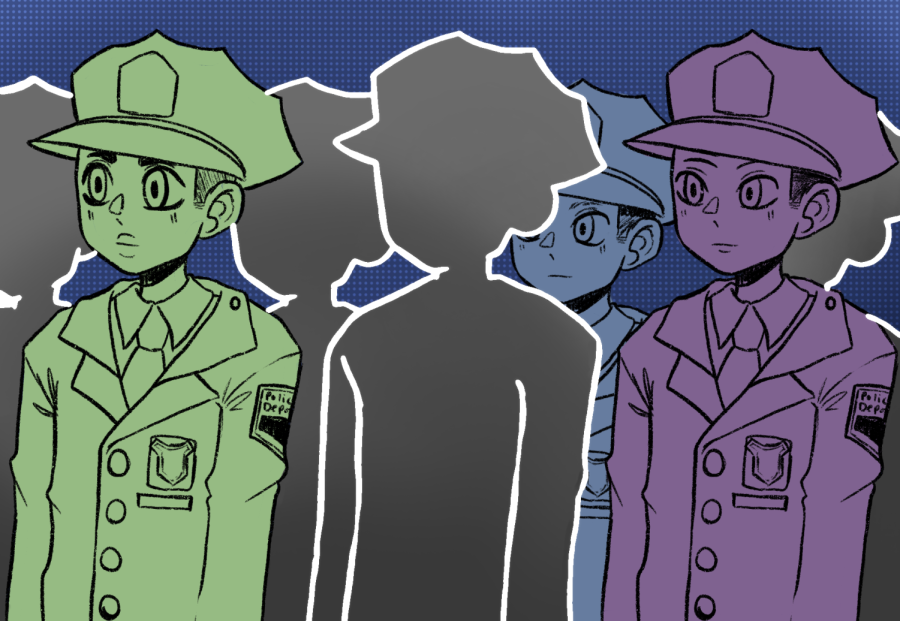APD shortages prompt partnership with Texas Department of Public Safety
March 27, 2023
Amid long-term police shortages, the Texas Department of Public Safety will provide officers to the Austin Police Department as part of a partnership to address public safety concerns, the city announced Monday.
Residents can expect an influx of state troopers to Austin in the following days, DPS director Steven McCraw said. The decision, which came after discussions with Mayor Kirk Watson, Gov. Greg Abbott and Lt. Gov. Dan Patrick over the weekend, will help reduce traffic fatalities, decrease response times and deter crime, Watson said during a public safety press conference.
“It’s not an Austin-specific issue,” Watson said in an email. “This is a systemic problem in law enforcement that requires a much more thoughtful and nuanced discussion.”
Since the start of 2023, 89 officers have either retired or resigned. With 281 vacancies, APD is struggling to fill in the gaps, an APD spokesperson said in an email.
“We used to receive thousands of applications,” the APD spokesperson said in an email. “We now receive them in the hundreds. And because very few meet our hiring standards, generally 5-8%, that means fewer hires into the police academy.”
APD attributes issues with retention and staffing to wider trends in the law enforcement industry, including low pay, community affordability and national sentiment around policing, which all impact APD’s ability to meet city demand, the department said.
“The shortage of officers has made it more difficult to fully staff patrol shifts (and) maintain fast response times,” the APD spokesperson said. “APD has been forced to stop responding to certain types of calls.”
During a recent ride-along in Baker sector — an area containing portions of the University and West Campus — Safehorns president Joell McNew said she observed the shortages when officers responded for backup outside of their assigned patrol areas, leaving already understaffed sections of the city with even less patrolling officers.
“With the staffing issues, I’m told that there have been times in the entire Baker sector that there have been two officers on patrol,” McNew said. “If you’re looking at that population alone, it’s a city within itself.”
McNew said the relationship between city police and students decreased during the pandemic due to a lack of community engagement. Now, due to staffing levels, the department still cannot return to that level of engagement.
“It was just a great way to be social and have students connect comfortably and ask anything they want,” McNew said. “A lot of the officers that patrol and work and serve our community are parents, so they understand what (students) all are going through.”
To increase retention and cadet numbers, interim city manager Jesús Garza announced in February a 4% salary increase for all officers under associate chief ranking and other monetary incentives for both cadets and employed officers.
Watson said the city is trying to hold police accountable during shortages and create incentives to increase retention. Additionally, the city is still negotiating a new police contract to let Austinites vote on police oversight propositions in May. The current contract expires Friday.
“Many people who want the City Council to just approve a four-year police contract don’t appreciate or accept that doing so would effectively silence Austin voters in May,” Watson said. “As mayor, I need to protect their rights, too.”



